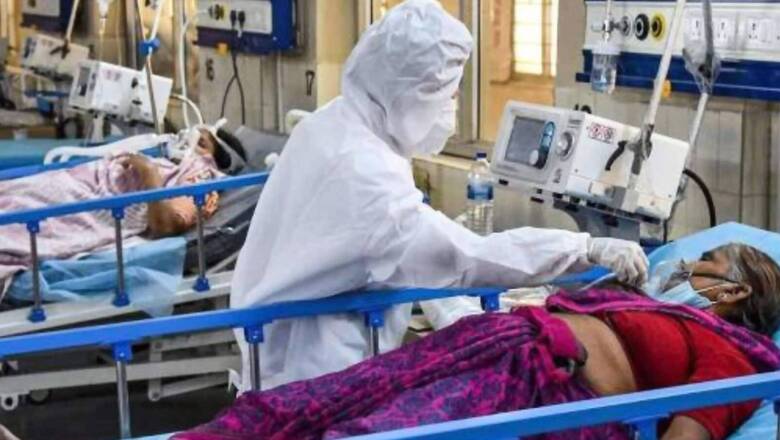
views
A recent study on hospital-acquired infections (HAIs) has revealed a widespread presence of superbugs, or drug-resistant micro-organisms, in infection cases.
Superbugs are resistant to multiple drugs and are increasingly resistant to most available antibiotics. Superbugs, which are gram-negative bacteria, have built-in abilities to find new ways to be resistant and can pass along genetic materials that allow other bacteria to become drug-resistant as well, according to the US’ Centers for Disease Control and Prevention (CDC).
HAI is an infection that a patient gets due to an extended stay in the hospital – for instance, patients on ventilator for long periods, or urinary catheter.
The newly-formed Healthcare Associated Infection Surveillance-India, a central government effort between All India Institute of Medical Sciences Delhi (AIIMS), the Indian Council for Medical Research (ICMR), and the CDC, has found that superbugs were found in 3,080 blood samples and another 792 urine samples from a study conducted across 120 ICUs in the country.
Superbugs accounted for 73.3% of all blood infections cases and 53.1% of urinary tract infections (UTI) cases in Indian ICUs. The survey also observed that 38.1% of the patients with bloodstream infections and another 27.9 percent with UTIs died within a 14-day period. The study, however, added that HAIs were possibly a complication associated to the infection and not the direct cause of death.
The presence of superbugs is an indicator of resistance to older antibiotics and the need for last-resort antibiotics such as carbapenem and colistin that are expensive.
There is more to this grim picture.
The ICMR, in a data analysis done between January 1 and December 31, 2021 found a sustained increase in drug-resistant pathogens, resulting in difficulty to treat certain infections with available medicines.
The study observed that a big chunk of patients in India may no longer benefit from carbapenem, a powerful antibiotic administered mainly in ICU settings to treat pneumonia and septicemia, as they have developed antimicrobial resistance to it
Antimicrobial resistance and the increase of multi-resistant bacteria is an ongoing threat to global public health, as the WHO warns. In 2019, 1.27 million people died from antibiotic-resistant infections, according to the largest study published to date, in The Lancet, in January 2022.
“There is a need to strengthen and improve diagnostic labs to promote rational use of antibiotics. Antimicrobial prescriptions should be based on definitive diagnosis and not on presumptive diagnosis. Several broad-spectrum antimicrobials are being used for syndrome management,” Dr Kamini Walia, who led the study, told news agency PTI.
Walia explained that ICUs are hotbeds for healthcare-acquired infections. “The [study] results underline that we need to put in place a better hospital infection control practices manual and adopt stewardship processes that will reduce the irrational use of antibiotics,” she was quoted by Times of India as saying.
With the resistance level increasing to 5 to 10 per cent every year for broad-spectrum antimicrobials, and no new antimicrobials in the pipeline, Walia cautioned judicious use of medicines to treat drug-resistant infections.
Read all the Latest News India and Breaking News here


















Comments
0 comment